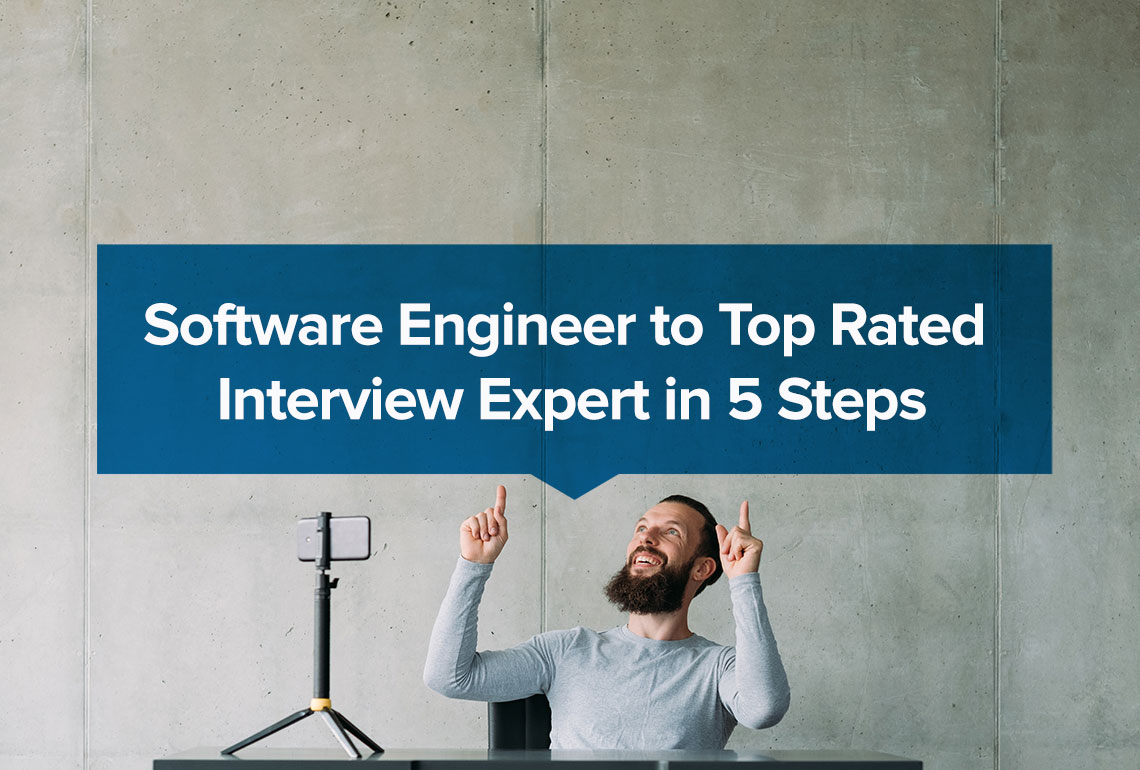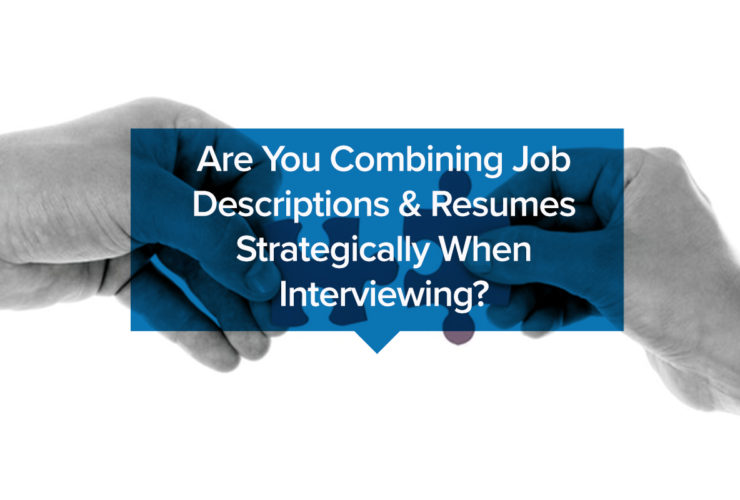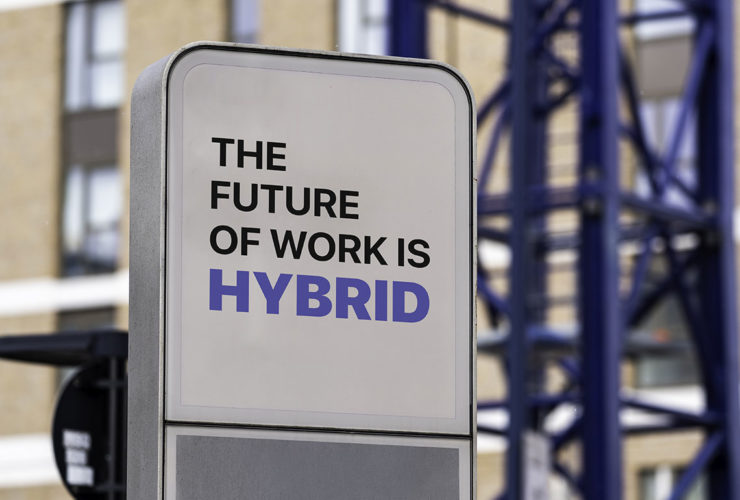Interview Engineers are professionals experienced in coding, data science and other developmental technology. They have the knowledge and experience, are experts in their field and can facilitate technical interviews with IT professionals around the world.
If you are looking for pointers that would help you become a successful freelance technical interviewer, here are 5 steps to follow.
1. Follow the Letter of the Law
2. Create the Environment
3. Develop a Process for Successful Screening
4. Report and Score Interview Performance
5. Use Technology and Online Tools
1. Follow the Letter of the Law
Compliance is the first order of business. According to the EEOC (Equal Employment Opportunity Commission) and federal law on workplace discrimination, there are certain things you must keep in mind while conducting an Interview.
The law clearly states that bias against job applicants based on race, gender, sexual orientation, the origin of birth, disability, or age is legally actionable. As an interviewer, it is your foremost duty to judge a candidate’s eligibility based purely on merit.
Remember, you as a freelance Interview Engineer not only represent the organization for which you are conducting the interview, but you also represent eTeki and yourself. We strongly insist that all our interviewers understand and follow these guidelines, even if it has not been stated in the job details.
What are the things you should concentrate on?
- The skills and experience of the candidate – Ask questions that let the candidate demonstrate in detail what they have learned and implemented in the past.
- Career goals – One of the things that make for a good fit is if the company’s long-term goals align with the job applicant’s vision for their career.
- Ability to work with a team – Technical roles involve a lot of interaction and dependence on team members, whether or not the candidate is a team player should be determined in advance.
- Their work process – Understanding their process lets you judge their ability to handle responsibility and also their organizational skills.
- Professionalism – The candidate’s choice of words, presentability, body language, and attitude contribute to their professionalism and should be scrutinized during initial screening.
What topics should you avoid at all costs?
- Personal life – Do not ask the candidates personal questions pertaining to their race, gender identity, sexual orientation, military rank, marital status, or future plans for family expansion.
- Age – Remember that the age of the candidate is irrelevant when it comes to skills and experience.
- Religion and culture – Any religious, cultural, or theological discussion during an interview is highly unprofessional and should be avoided.
- Health – Physical and mental health, and disability status are protected classes and the topic shouldn’t come up during the interview.
If the applicant brings up these topics during the interview process avoid taking the discussion further or asking probing questions. Steer the conversation back to the job requirements and the candidate’s ability to fulfill the role. Specifically, tell them the protected class data they shared will not be considered when scoring their interview performance.
2. Create the Environment
When working from home you need to create an appropriate environment similar to any office space, yet familiar and comfortable. Here are a few things we recommend.
Have a dedicated space
You need a space where you can work without interference or disturbance. There should be a big enough desk space that can hold your devices and anything else you may need. You should choose a place where it is quiet, has enough light, internet connectivity and a neutral background.
Check digital compatibility
Check that your internet connection is secure and consistent, also, try to have a backup if possible. Your computer should have enough capability. Double-check that the built-in camera and microphone are working. If you are planning to use external headphones and mic, tech checks them regularly to make sure they are in good condition.
As an interviewer, it is your responsibility to lead the candidate and guide the conversation. It is advisable that you maintain an open, yet professional demeanor and do not indulge in any personal discussion during the interview. Use professionally appropriate verbal and non-verbal communication. Be mindful of your attire and presentability as it affects the candidate’s experience, yourself as a professional, and the company you represent.
3. Develop a process for successful screening
As a technical expert, you already understand the importance of creating processes. Conducting interviews isn’t much different. After observing what our engineers leading tech interviews do already, we have created this list to help you kickstart your journey.
Understand the requirements
Read the job description and understand the requirements shared by the hiring company. Your technical knowledge fills in the gaps most recruiting professionals likely stumble on. First-hand experience doing the work and using the same tools and technologies removes the ambiguity of questions to ask and answers to probe when seeing the written requirements for the job. Our engineers are adept at creating an interview agenda based on both what’s said and not said in these descriptions.
What is an Interview Agenda?
When a job description is shared with you, you will also receive notes from the hiring team regarding the technical requirement such as: “Experience of working in an Agile team with CI/CD, DevOps Pipeline, and Atlassian products e.g –JIRA and Confluence” or “DevOps/Automation experience (CI, CD, Aggregated Logging & Metrics)”. This list contains the technical and soft skills and software knowledge that the candidate should have. These are the points of conversation, and all your questions should revolve around understanding how experienced and knowledgeable the candidate is with these specifications.
Create your questions
For a predictive and fair interview of all candidates being screened, your preparedness is of the utmost importance. Create a series of questions and topics to follow to gather interview data that tells you if the candidate meets the requirements. Use this interview agenda as a guide to fluid, peer-to-peer conversations while ensuring each person gets an equal opportunity to cover the required topics.
We at eTeki have a recommended approach for conducting technical interview rounds that will make it easy to bring out the technical skills of the candidate. It’s called the SCO PE. model of behavioral interviews and was created by Dr. Tom Janz specifically for predictive interviews here at eTeki.
S – Situation, ask them to describe a situation in detail.
C – Challenge, discuss the challenges of the project.
O – Outcome, the result of the project.
P – Process, what is the candidate’s process of working.
E – Evaluation, of what they learned from the experience.
By doing so, you’ll hear the depth of experience in a technical skillset as the interviewee responds with the Situation that answers questions like, “What’s the most complex software project you worked on using Go Lang?” The individual’s technical competency will become apparent as you move to probing questions like Challenges faced, Outcomes of the work, and Processes used during the project. A lot of fraud becomes evident when following this interview methodology and keeping your interview agenda on track. See more examples of behavioral interview questions for tech roles.
Study the resume
While conducting interviews, a common mistake that interviewers make is not comparing the resume with the job description. When you agree to lead an interview, be sure your process includes reviewing the resume of each candidate to understand how their technical expertise fits the requirements. When you do that it becomes easier to adapt your prepared questions for the position and to the candidate’s past experience.
4. Report and score interview performance
Another aspect of having a successful interview is documenting interview performance. This is a learned skill and requires some amount of writing expertise on your part.
What is the difference between interview reports and candidate scorecards?
Interview reports are read by the hiring managers to understand your impression of the candidate’s experience and skills. It has detailed answers and follow up questions designed to bring the candidate’s experience to the forefront. Interview scorecards are typically designed like a rating system to quantify the person’s technical strengths and weaknesses and are likely used by the recruiter in combination with other factors to determine fit for the role.
How to create an interview report
Interview reports are a professional, elaborate account of the guided conversation you have had with the candidate. They are used for record-keeping, evaluating the candidate, and showing the organization the merits of the candidate.
What are the key points to keep in mind while creating a report:
- Be as detailed in creating the report as possible.
- Use professional language and try not to use technical jargon.
- Base interview feedback on candidate performance, not your bias.
- Use the questionnaire you have created and add the response and the follow-up questions as you go
- Decide on the style of presentation, it could be written like a questionnaire or as a narration
- Pick a standard template and modify it according to your needs.
- Proofread the report at the end to make sure there are no grammatical errors or typos
The ability to create comprehensive reports and score a candidate fairly are two skills that will go a long way to make you a sought interviewer.
5. Use technology and online tools
Use technology to your advantage, and use tools that will help you stand out. Here are some online and offline tools that we think might help you:
- Video interviewing platform collaborative with coding, whiteboarding, and screen sharing capabilities.
- Crowdsource role stack relevant interview questions with conceptual, scenarios, behavioral, and work samples/coding.
- Proofreading/grammar-checking software ensures your reports are free of errors.
- Screen people instead of screening them out by using recruiting score cards template.
At eTeki, we are dedicated to providing our freelance Interview Engineers with all that they need to conduct successful interview sessions. Our system has built-in tools and resources that will help you learn the ropes and become an expert tech interviewer in your stack. Find out how you can become an eTeki freelance expert engineer interviewer and how our system works.

Amanda Cole, Vice President at eTeki
Amanda Cole has more than 15 years of experience developing innovative programs staffed by non-traditional workforce’s including freelancers, paid & unpaid interns, boards of directors, special event volunteers, and skill-based volunteer programs. The annual value of services rendered for the largest programs exceeded $18M. She is a communications professional with superior facilitation and training skills, an engaging public speaking presence, and a fanatic about synergistic business relationships.







